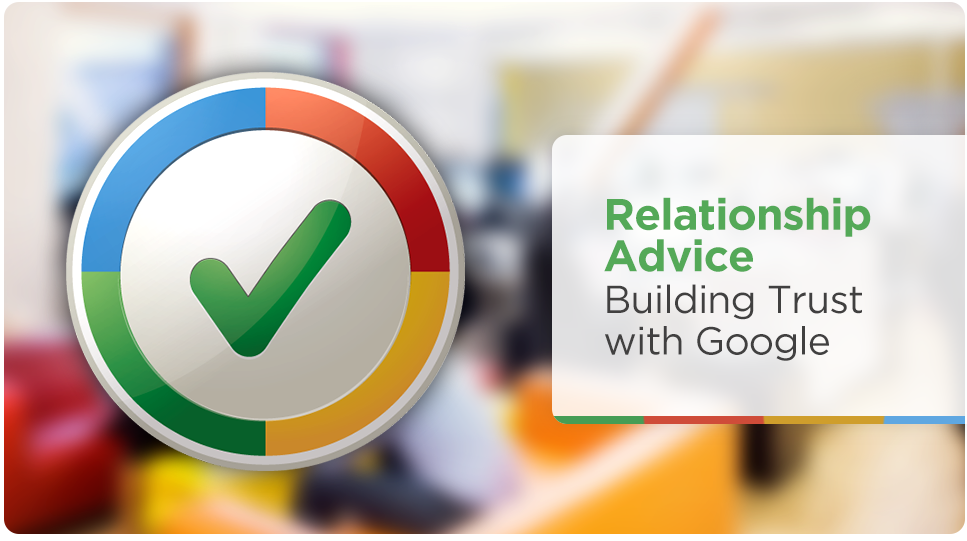 Apr
14
2017
Apr
14
2017
LinkedOut – How to make your website invisible online
There are many effective and time-tested methods of ensuring that Google and the other search engines penalize or even ban your website from the search results. If your goal is to make it utterly impossible for anyone on Earth to find your website, this guide will cover some of the ways it can be done (we hope you can appreciate our satirical, joking tone) as well as the white hat off-site SEO strategies that can completely ruin things for you by delivering massive amounts of quality visitors.
Find Someone Who Will Do a Link-Sharing Potluck with You
Countless well-meaning business owners and optimization companies have found themselves frantically trying to figure out how to get backlinks to their websites. It is well known that having numerous links pointing to your site from other sources, also known as Link Building can improve your rankings in the search engines.
The dark way: Some have decided that it is far better to just find a buddy to share links with. They’ll suggest that you link to their website, and in return, they will link to yours. Many of them like to get really fancy and will suggest a super-evil scheme involving three websites, where they link to your site from a third, unrelated site to throw-off the search engine algorithms.
The boring, off-site SEO strategies that tend to work: Create fresh, informative and useful content aimed at serving readers, then place prominent social share buttons that visitors will be happy to use.
Make Content That People Find Really Likable When They’re Bribed
While there may come a time in the future when the internet is not primarily text-based, for now, it is mostly optimized for readers, and the search engines tend to reward websites that feature rich and educational content. There may be millions of other websites selling the retail products or services that you do, and it makes sense that Google wants to give preference to the ones that offer the best material.
As Darth Vader would do it: Some feel that creating unique content is a drag, or have had miserable results trying to provide valuable and interesting information to their audience. Many of them have opted to reach out to the owners or webmasters of other websites and bribe them to promote their content with likes and +1’s in exchange for money or links.
Putting on your white hat: With a little keyword research and some time on social media sites, you might discover the topics that are trending with your audience and find a clever way to spin the information that people will be drawn towards.
Try to Fight Penguins and Pandas with Your Bare Hands
Although one should never rely solely on link building strategies to improve organic listings or as their primary local search optimization techniques, they are still viable if done correctly and legitimately. Having hundreds of [quality links] pointing to your site that votes for you as an authority can drastically improve your rank.
Losing the black hat and going for a ski mask: Some opportunists will recommend going head-to-head with Google’s programs such as Penguin by participating in link farms or purchasing low-quality links from PR0 spam websites. These can result in thousands of inbound links to your site virtually overnight and will obliterate the chances of unwanted visitors and customers bothering your website.
Taking the natural approach: Getting listed with trusted online directories who exercise editorial discretion, such as Yahoo! Directory is among the various off-site SEO strategies that will be favored by the search engines as a [white hat technique].
Never Put a Lid On Your Link-Juice
Just as inbound links are useful to your site for establishing it as an authority, the links to other websites you include in your content are useful to others. Placing outbound links to relevant sites is mutually beneficial for you and the recipient, as it also helps search engines understand the nature of your content by comparing it with the sites you link to. This authority-building process is often referred to as “link juice” in the SEO industry.
Making yourself look like a link-scalper: Even if you are not intentionally doing anything wrong, having massive amounts of unchecked links on your website can give Google the impression that they are artificial, and that you are selling or trading links for a benefit.
Sharing your link-juice with those who deserve it: Savvy developers and agencies who employ local search optimization techniques understand the importance of the “Nofollow” link attribute. This tag tells the search engines that you are linking to another website, but not necessarily endorsing or voting for the authority of the content there. Many suggest that you should use this on all outbound links as a default unless the site you are linking to enhances the content you are providing the visitor.



